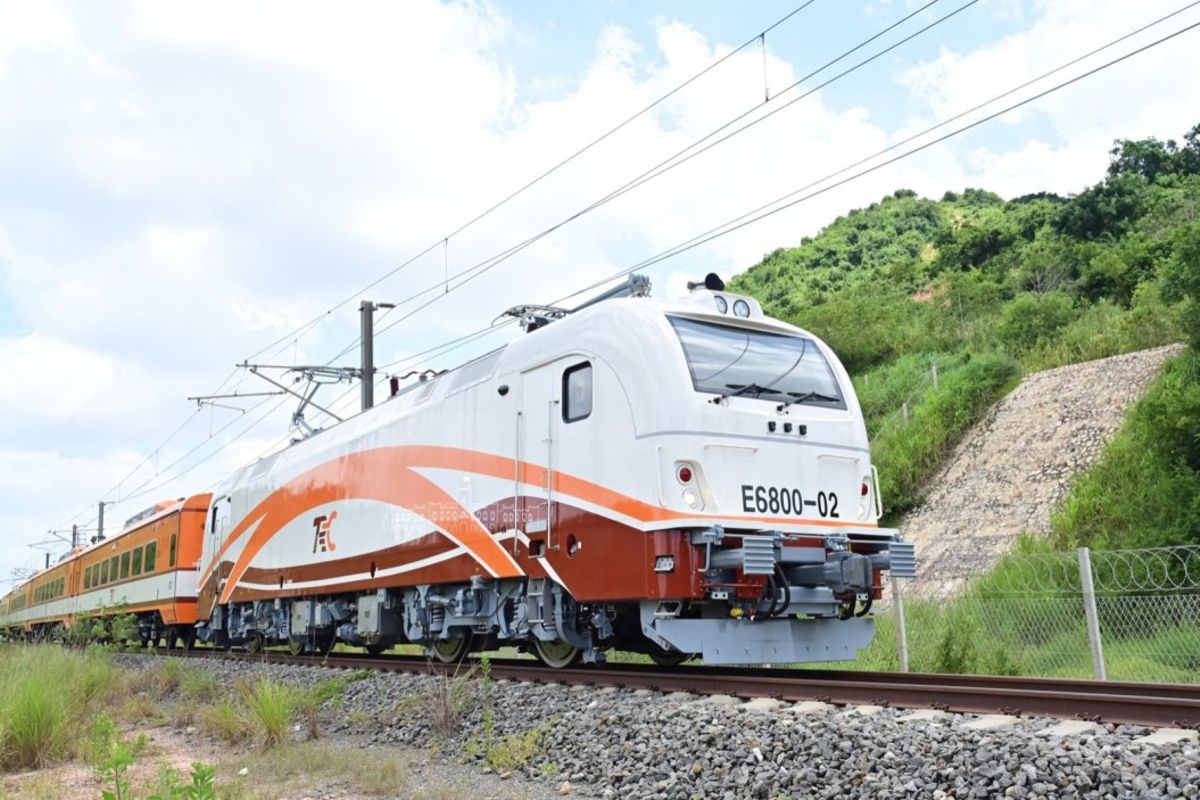WHAT TANZANIA NEEDS TO DO TO IMPROVE LITERACY
s Tanzania joins the rest of the world today in marking International Literacy Day, plenty of questions have been swirling with regard to literacy in the country in recent decades.
According to Unesco, Tanzania’s current adult literacy rate is 77.89 percent, which is not bad at all, but the country has retrogressed compared to the situation in the 1970s when the literacy rates hovered around 90 percent, and were among the highest in the world.
This is hardly surprising, given that surveys conducted in recent years by reputable organisations show that there are primary school leavers who cannot write their own names, let alone read a simple sentence written in Kiswahili, or solve Standard Two mathematics problems.
Needless to say, these young folk turn into adults who are virtually illiterate in a few years, and become statistics that don’t cast Tanzania in a particularly favourable light when it comes to literacy.
So, where did we drop the ball? First, the fact that we have Standard Seven finalists who cannot read or write speaks volumes about the quality of our primary education.
It is alarming, to say the very least, when the seven years that are supposed to comprise the foundation of the lives of a sizeable number of our children turn out to be a complete waste of time and resources. It is an irrefutable fact that primary education in Tanzania is not what it used to be.
There is also the matter of adult literacy classes. These are now virtually non-existent, in stark contrast to the first two decades or so of Tanzania’s independence. Adult literacy classes played a pivotal role in pushing up literacy levels, and making Tanzania a shining example in Africa.
While it may not be possible to reintroduce 1970s-style adult literacy classes, Tanzania needs to find a way to improve the literacy skills of people who miss out on formal education. Technology can play a key role in making this endeavour a success.
TIME TO THINK OUTSIDE THE BOX
Local government authorities’ dependence on the Treasury for expenditure funds is currently estimated to be between 80 to 90 per cent. Traditional revenue streams such as property tax, service levies and other forms of taxes that were formerly being collected by local governments are currently under the central government’s control.
As a result, local governments have become overly dependent on the Treasury for developmental projects. In order to be self-sustaining, local authorities should think outside the box and initiate development projects that will act as a revenue source, an alternative that will help boost their economies and also help cut back on the heavy dependence on the central government.
Due to the squeeze in funding from local sources, local governments need to be more creative in looking for alternative revenue streams. However, they should avoid imposing taxes that are considered a nuisance.
The Strategic Revenue Project, which was rolled out in the 2017/2018 financial year, should be fully utilised in order to enable local governments to run their affairs without depending too much on funding from the central government.





